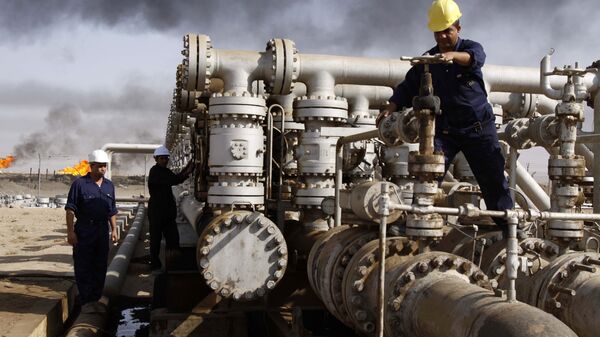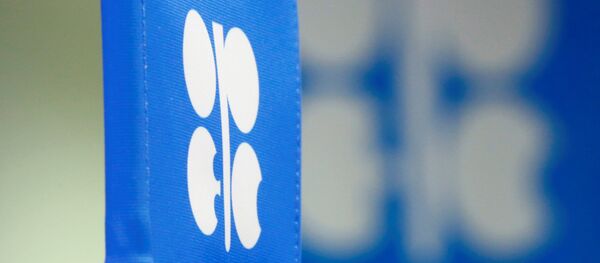The ministry added that the global price spike in the wake of the output cut deal created a comfortable situation for Iraq.
The production cuts, agreed on in late November by OPEC and finalized in December by several major non-cartel producers, kicked in on January 1. OPEC members promised to abide on a voluntary basis by the production ceiling of 32.5 million barrels per day, which was preliminary agreed in Algiers in September. This is a 1.2-million barrel per day production cut. The collective non-OPEC pledge is a 558,000 barrels per day cut.
The measure, which was under discussion for over a year before implemented, is expected to curtail the glut in global oil supply and bring oil prices to the level of $55-60 per barrel in 2017, compared with 2016 average of $34 per barrel.
Oil market turbulence caused oil prices to plunge from $115 per barrel in June 2014 to less than $30 per barrel in January 2016, causing hardship for oil exporters. Prices then recovered to over $40 per barrel before rallying to over $55 per barrel after the deal.
Never miss a story again — sign up to our Telegram channel and we'll keep you up to speed!




